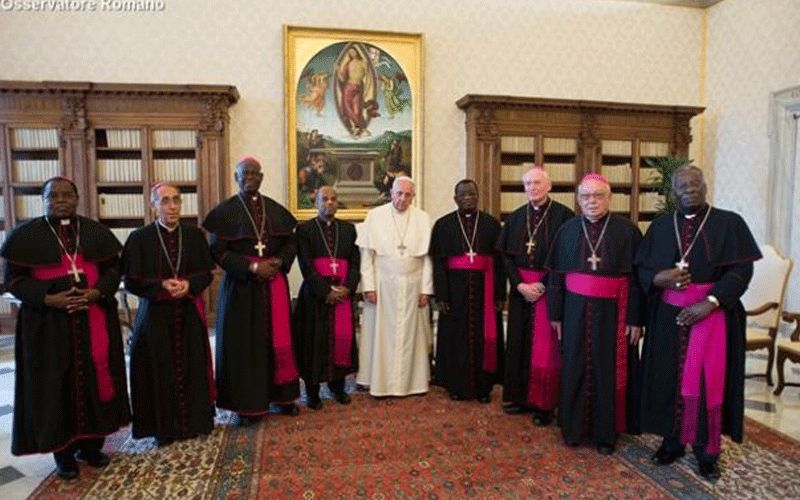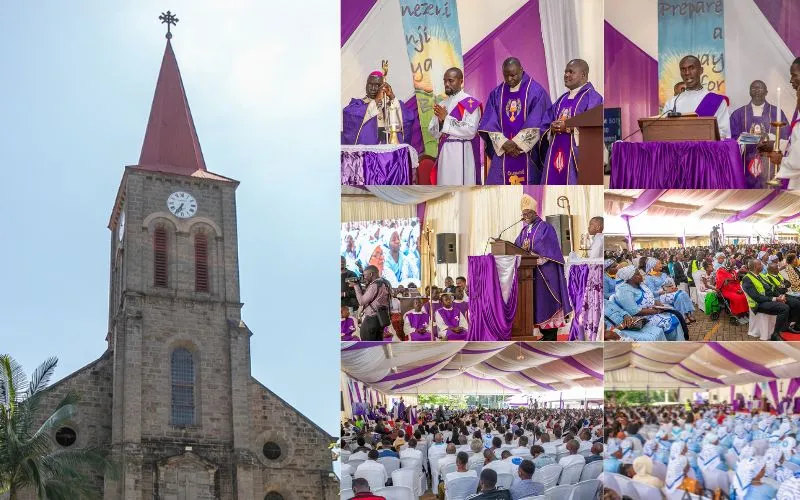Harare, 03 April, 2020 / 2:10 am (ACI Africa).
With eight confirmed COVID-19 cases and one death related to the disease in Zimbabwe, Catholic Bishops in the South African country have welcomed the 21-day nationwide lockdown announced by the country’s President at the beginning of the week.
The Bishops’ support was part of pastoral letter they issued on the 40th anniversary of their country’s independence. The Thursday, April 2 collective letter also calls for more preventive measures to curb the spread of the global pandemic and “save lives.”
“We welcome the three-week lockdown declared by (the) Government. Our only line of defence is prevention. Let us be proactive and work hard to save lives,” the members of the Zimbabwe Catholic Bishops’ Conference (ZCBC) have stated.
They have added, “There is need for outright and vigorous efforts to fight and prevent this pandemic, which if it is not carefully handled in our country, may spell doom to the whole of our nation where hospital structures are not fully-equipped and ready to combat it.”
According to the Church leaders, the national lockdown, which was declared Monday, March 30, “must be complemented by other efforts as we move forward in building good relationships among ourselves and with the international community and developing our country.”








